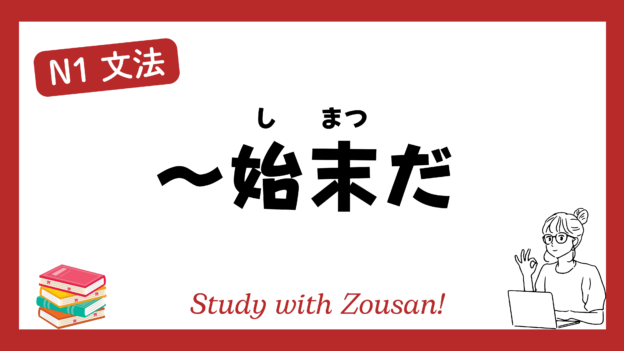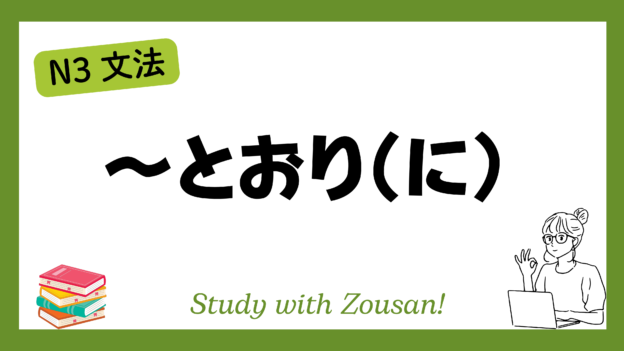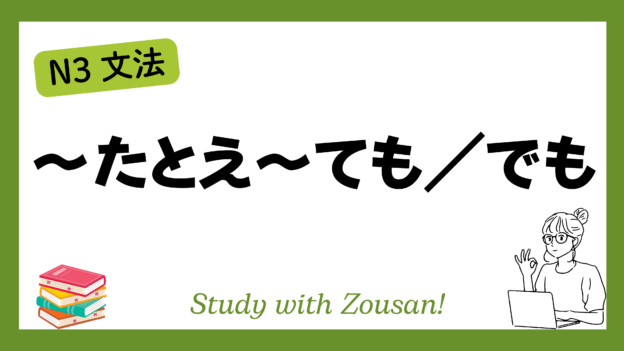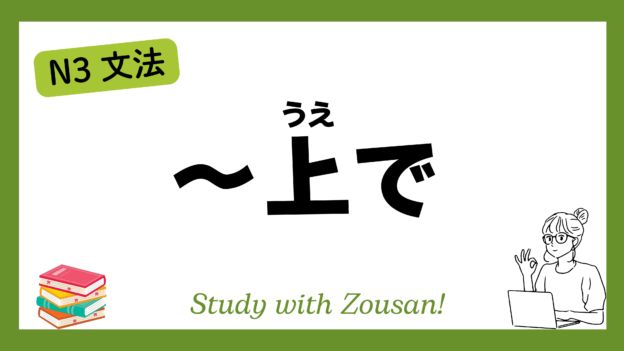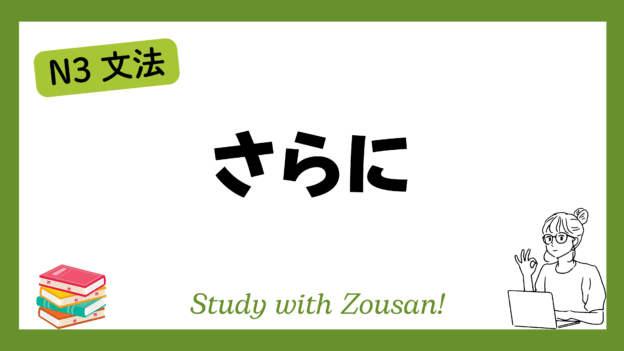N1文法:~始末だ
Meaning: “In the end…”, “It ended up…”
This structure is used to describe an undesirable outcome after a series of events or efforts. It often carries a negative nuance, expressing disappointment or frustration with the result.
※Note: This structure is commonly used in spoken or written language to express dissatisfaction with a negative outcome.
Structure:
| Verb (dictionary form) + (という) | + 始末だ |
| この / その / あの |
Example:
-
-
-
🌟 彼は借金を重ねて、最後には会社を辞める始末だ。
(かれ は しゃっきん を かさねて、さいご には かいしゃ を やめる しまつ だ。)
He accumulated debt and, in the end, had to quit his job. -
🌟 色々試したが、結局失敗する始末だった。
(いろいろ ためした が、けっきょく しっぱい する しまつ だった。)
I tried many things, but I ended up failing. -
🌟 彼はお金を無駄遣いして、最後には家を失う始末だ。
(かれ は おかね を むだづかい して、さいご には いえ を うしなう しまつ だ。)
He wasted his money and ended up losing his house. -
🌟 何度も注意したのに、最後には事故を起こす始末だ。
(なんども ちゅうい した のに、さいご には じこ を おこす しまつ だ。)
Despite repeated warnings, he ended up causing an accident. -
🌟 彼は無理を重ねて、入院する始末になった。
(かれ は むり を かさねて、にゅういん する しまつ に なった。)
He overworked himself and ended up being hospitalized. -
🌟 散々遊んで、テスト前日に徹夜する始末だ。
(さんざん あそんで、てすと ぜんじつ に てつや する しまつ だ。)
He partied too much and ended up pulling an all-nighter before the test. -
🌟 彼女はダイエットに失敗し、体重が増える始末だ。
(かのじょ は だいえっと に しっぱい し、たいじゅう が ふえる しまつ だ。)
She failed her diet and ended up gaining weight. -
🌟 いろいろ治療したが、病気が悪化する始末だった。
(いろいろ ちりょう した が、びょうき が あっか する しまつ だった。)
I tried various treatments, but the illness ended up worsening. -
🌟 彼は嘘をつき続け、最後には誰も信じなくなる始末だ。
(かれ は うそ を つきつづけ、さいご には だれ も しんじなくなる しまつ だ。)
He kept lying, and in the end, no one believed him anymore. -
🌟 パソコンを直そうとして、壊してしまう始末だった。
(ぱそこん を なおそう として、こわしてしまう しまつ だった。)
I tried to fix the computer, but I ended up breaking it.
-
-



